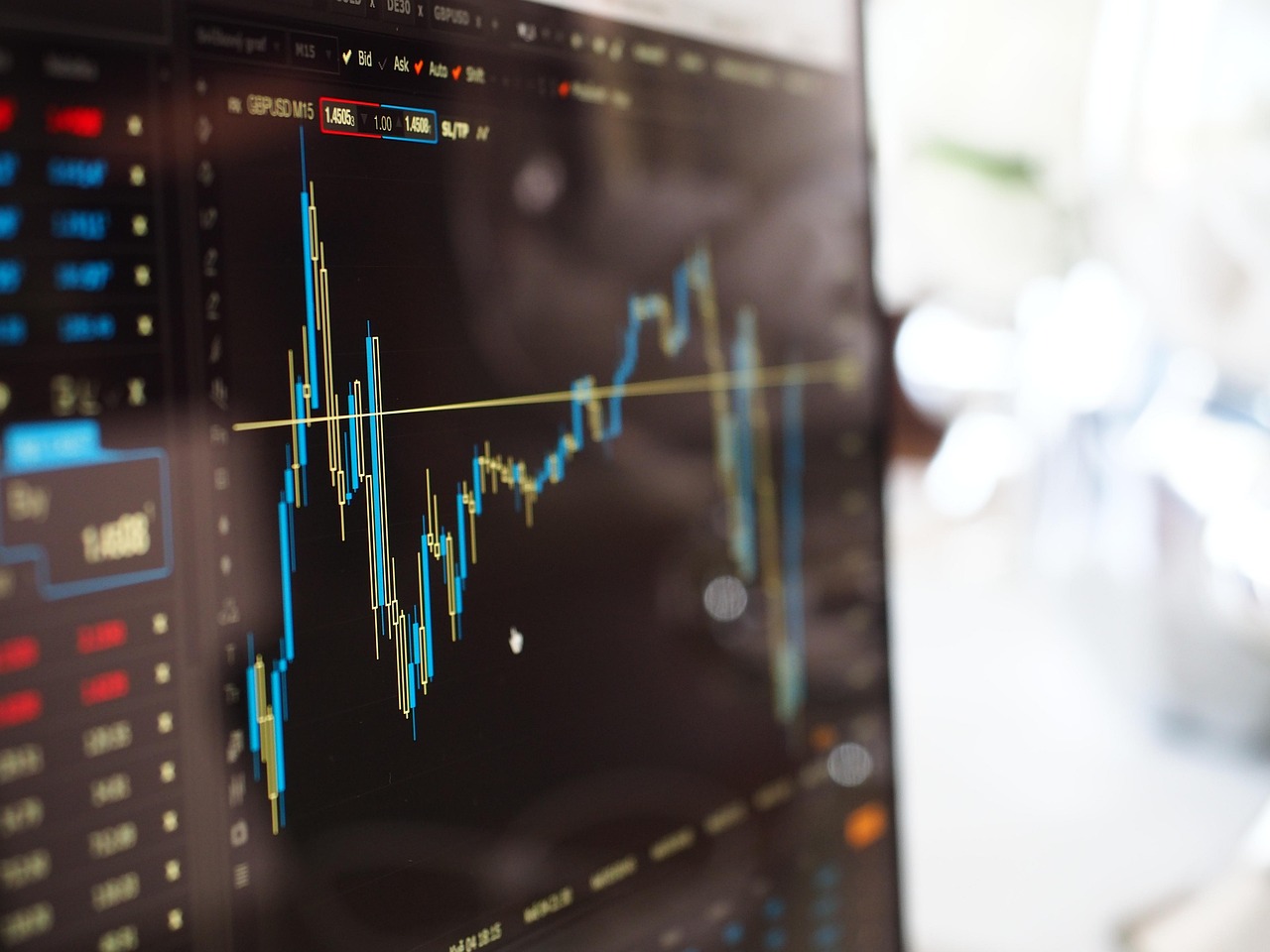Introduction to the High-Stakes World of Trading
The world of trading is often shrouded in mystery, with many viewing it as a game of chance rather than a calculated endeavor. This perception is not entirely unfounded, as the volatility of markets can sometimes make trading seem akin to placing bets in a casino. However, for those who have delved deeper into the realm of investing, it becomes clear that there are more similarities between trading and casino strategies than one might initially think. In this article, we will explore these similarities, examining the tactics and mentalities that successful traders and gamblers share.
The Psychological Element: Risk and Reward
At the heart of both trading and casino gaming lies the psychological dynamic of risk versus reward. Both traders and gamblers must weigh the potential for significant gains against the possibility of substantial losses. This delicate balance requires a unique blend of analytical thinking and emotional control. The ability to manage risk, set limits, and make informed decisions under pressure is crucial in both arenas. As several analyses from venerated financial publications have pointed out, understanding and managing risk is key to long-term success in trading, a principle that also applies to gaming strategies.
Strategic Planning: The Foundation of Success
Both trading and gaming require strategic planning. In trading, this involves setting clear financial goals, understanding market trends, and developing a coherent investment strategy. Similarly, in gaming, players who approach games with a strategy, whether it’s poker, blackjack, or roulette, are more likely to come out on top. This planning phase is where the line between luck and skill becomes most blurred, as effective strategists in both fields can significantly influence the odds in their favor.
The Strategies and Tactics
When examining the strategies employed by successful traders and gamblers, several key tactics emerge:
- Market Analysis: In trading, understanding market trends, economic indicators, and geopolitical events is essential. Similarly, in gaming, understanding the odds, rules, and potential outcomes of different bets is critical.
- Diversification: Spreading investments across various asset classes or betting on multiple outcomes can mitigate risk. This approach is used by savvy traders to manage portfolios and by gamblers to increase the chances of winning.
- Adaptability: Being able to adjust strategies based on new information or changing conditions is vital. In trading, this means responding to market shifts, while in gaming, it involves adapting to the flow of the game.
The Role of Technology
The advent of technology has dramatically changed both trading and gaming landscapes. Automated trading platforms and sophisticated gaming software have enabled faster, more precise, and more informed decision-making. This technological advancement has also led to the development of complex strategies that were previously unimaginable. For instance, high-frequency trading in financial markets and the use of AI in poker tournaments have redefined the limits of what is possible in these fields.
Comparative Outcomes: Trading vs. Gaming
To better understand the similarities between trading and gaming, let’s examine the potential outcomes of both activities:
| Activity | Possible Outcomes | Risk Level |
| Trading (Conservative) | Stable Returns, Potential for Growth | Low to Moderate |
| Trading (Aggressive) | High Potential for Growth, Risk of Significant Loss | High |
| Casino Gaming (Low-Stakes) | Small Wins, Potential for Moderate Loss | Low |
| Casino Gaming (High-Stakes) | High Potential for Win, Risk of Significant Loss | High |
Questions and Answers
Given the complexities and risks involved, several questions arise for those considering trading or gaming as a serious pursuit:
– Q: Is trading more about skill or luck?
– A: Like gaming, trading involves elements of both skill and luck. Skill comes into play with strategic decision-making, while luck influences market fluctuations and unforeseen events.
– Q: How can one mitigate risk in trading or gaming?
– A: Mitigating risk involves setting clear goals, diversifying investments or bets, and staying informed about market or game conditions.
– Q: What role does psychology play in trading and gaming success?
– A: Psychology is crucial, as managing emotions, maintaining discipline, and making rational decisions under pressure are key to success in both fields.
Conclusion: Beyond the Surface Level
At its core, the comparison between trading and gaming strategies highlights the nuanced interplay of skill, risk, and strategy in both domains. While the outcomes and environments may differ, the mental and analytical approaches required to excel are surprisingly similar. For those intrigued by the dynamics of trading or gaming, understanding these similarities can provide a deeper appreciation for the complexities and challenges involved. Whether one views these activities as games of chance or calculated endeavors, the pursuit of success in either requires dedication, insight, and a keen understanding of the intricacies at play. As renowned financial journalists have often noted, the best traders are those who approach their craft with the mindset of a strategist, always seeking to refine their approach and adapt to the ever-changing landscape of the markets.
